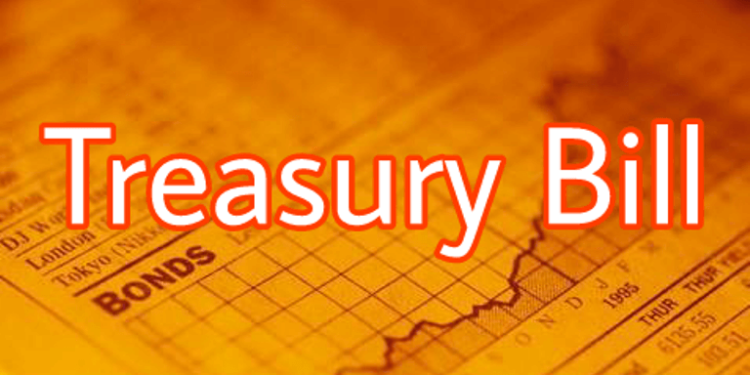Ghana Treasury Bills Oversubscribed as Yields Rise Across Tenors
- Treasury Auction Shows Strong Demand Amid Rising Yields
- Investor appetite persists despite elevated rates; 91-day bill dominates subscription volumes
Ghana’s latest government securities auction, held on April 11, 2025, saw strong investor participation, particularly in the short end of the yield curve, as the Treasury raised GH¢6.74 billion across 91-, 182-, and 364-day bills.
This came against a target of GH¢6.68 billion, marking a slight oversubscription driven by robust interest in the 91-day instrument.
According to official results released by the Bank of Ghana, the government accepted:
- GH¢5.68 billion in 91-day bills out of GH¢5.80 billion tendered,
- GH¢908.44 million in 182-day bills—fully allotted,
- GH¢157.94 million in 364-day bills—also fully allotted.
Yields across the instruments continued to climb, reflecting heightened risk sentiment and tighter liquidity conditions in the market.
Yield Movements: A Closer Look
Although the weighted average clearing yields fell on a week-on-week basis, the upper bands of bids accepted rose on a week-by-week basis. The discount rates came in as follows:
- 91-day bill: 14.8780% (up from 14.4578%)
- 182-day bill: 14.9989% (slightly higher than the prior week)
- 364-day bill: 15.7190%
However, the interest rates investors effectively earned (annualized) were notably higher:
- 91-day: 15.4527%
- 182-day: 16.2149%
- 364-day: 18.6507%
This widening gap between clearing yields and inflation points to investor wariness and expectations of continued tight monetary policy amid inflationary pressures.
Market Confidence or Short-Term Preference?
The data reveals that the 91-day bill remains the preferred instrument, accounting for nearly 84% of the total tendered amount. Analysts say the figure reflects a cautious investor outlook on Ghana’s macroeconomic direction in the medium term.
“Investors are opting for shorter tenors to manage risk and preserve liquidity, particularly as the outlook on inflation and currency stability remains uncertain,” a local fixed-income strategist told NorvanReports.
Context: From Auction 1949 to 1950
The strong rebound in subscription is notable when compared to the previous tender (No. 1949 held on April 4), where the government only raised GH¢1.69 billion out of GH¢4.06 billion tendered, far short of its target. That auction miss raised alarms about possible liquidity strains or investor pushback on yield levels.
In contrast, Tender 1950’s oversubscription combined with higher yields suggests that the government and its primary dealers adjusted pricing to attract bids, albeit at a higher cost of borrowing.
Upcoming Target and Policy Outlook
The next auction, Tender 1951, is set with a target of GH¢6.61 billion, just marginally below the current week’s figure. Market watchers expect the government to continue relying on domestic short-term instruments to manage its financing needs while longer-term options remain constrained by restructuring dynamics and investor risk appetite.
Meanwhile, the Bank of Ghana’s monetary stance and the country’s fiscal discipline under the IMF programme will be crucial in influencing rate expectations in the coming weeks.








